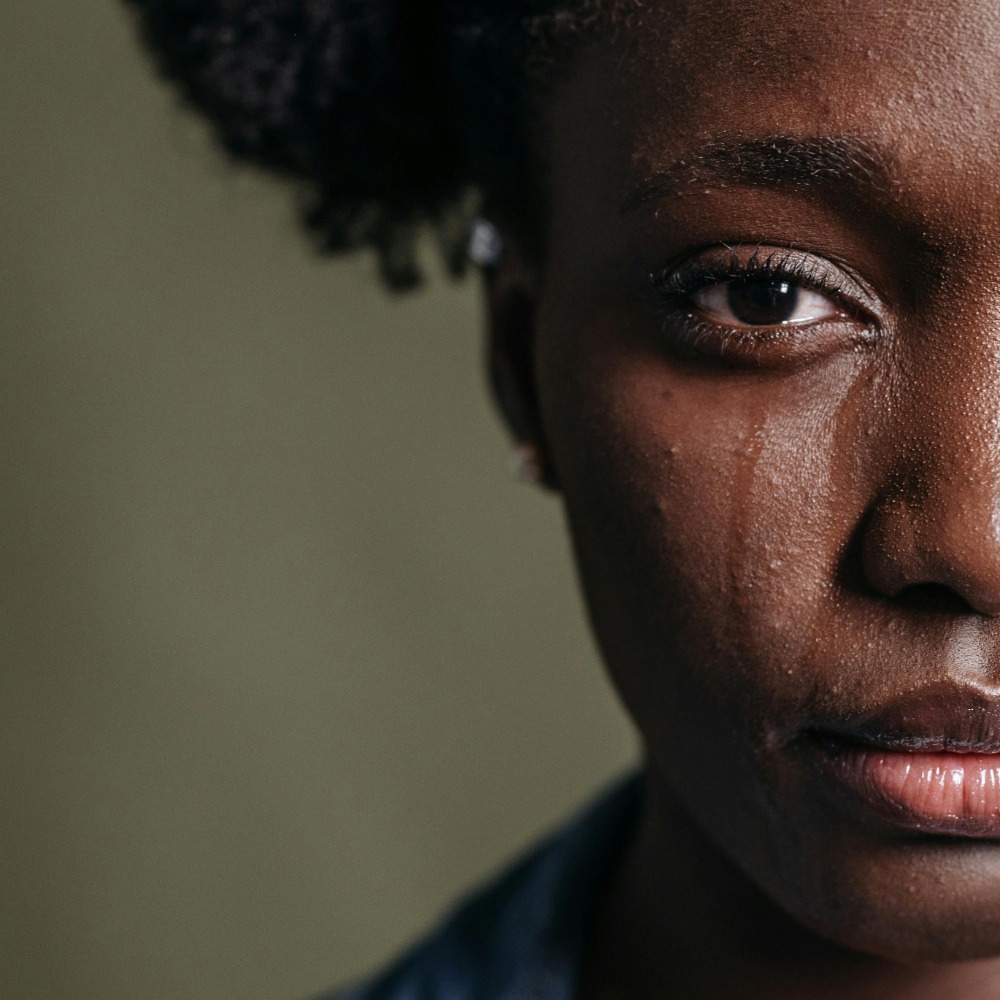
The grieving process isn’t linear. It is made up of different, distinct phases, and you can experience different emotions in each one. In order to heal, you need to feel your feelings, no matter how intense they are. Clinical Social Worker, S’lindile Thabede, unpacks and explains the five stages of grief, as coined by famous psychiatrist, Elisabeth Kübler-Ross, what to expect from them and how to get through them to reach a place of recovery.
Stage 1: Denial
When someone you care about has just passed away, you will most likely be in a state of shock. This shock can make it hard to accept that this loss has really happened, which is why the first stage of this process is one of denial. Thoughts, like ‘this can’t be happening’, are commonly felt during this time. ‘When you are experiencing denial, you should gently reinforce the reality of the loss while also treating yourself with compassion,’ suggests S’lindile.
Stage 2: Anger
Once some time has passed, most people will start to feel anger, frustration and resentment. This is a way of masking the pain. Sometimes, this anger is directed at other people or even the person who has died, and you can feel mad that they’ve left you. Once this has subsided, you can start to address the sadness underneath. ‘Validate your feelings and look for healthy ways to release your anger,’ recommends S’lindile. This could be working out or practising mindfulness techniques.
Stage 3: Bargaining
If your rage has subsided and you start to ask yourself ‘what if?’ questions and making ‘if only’ statements, you are in the bargaining stage. Not unlike the anger stage, this happens as a way to defend yourself against your overwhelming emotions. It’s also normal to seek out solutions when you feel helpless. ‘During this phase, you should listen to yourself without judgment and find ways to feel comfort and self-soothe,’ explains S’lindile. Talk to someone you trust to make sense of your loss.
Stage 4: Depression
Often viewed as a quieter stage of grief, depression can feel less intense and more numb. Feelings of heaviness and confusion can be present, and many people find themselves isolating from others. ‘Reach out to people you trust to feel less alone and make self-care a priority,’ says S’lindile. If you are struggling and think you need professional help, 21st Century Funerals offers grief counselling as one of its lifestyle benefits to bereaved family members of policyholders.
Stage 5: Acceptance
The final stage might have a positive name, but this doesn’t guarantee happiness or upliftment. It just means that you have come to accept the loss and understand what it means for your life moving forward. ‘This phase is about finding new meaning in your life, which can be achieved through connection, creative expression or honouring the memory of the person who has passed,’ says S’lindile. Soon, you’ll start having more good days than bad ones and be able to envision a joyful future.


